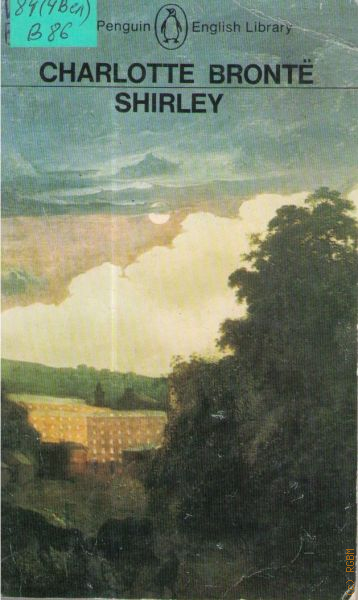|
Федеральное государственное бюджетное учреждение культуры
«Российская государственная библиотека для молодёжи»
Главное здание
107061 Москва, ул. Б. Черкизовская, дом 4, корпус 1
Метро «Преображенская площадь» (выход №5)
Телефон для справок: +7 499 670-80-01
E-mail: info@rgub.ru
Филиал библиотеки — ИКК «Особняк В.Д. Носова»
107023 Москва, ул. Электрозаводская, 12, стр. 1
Метро «Электрозаводская»
Телефоны для справок: +7 499 670-80-01 (доб. 600)
E-mail: mansion@rgub.ru
© Российская государственная библиотека для молодёжи, 2004 — 2026







